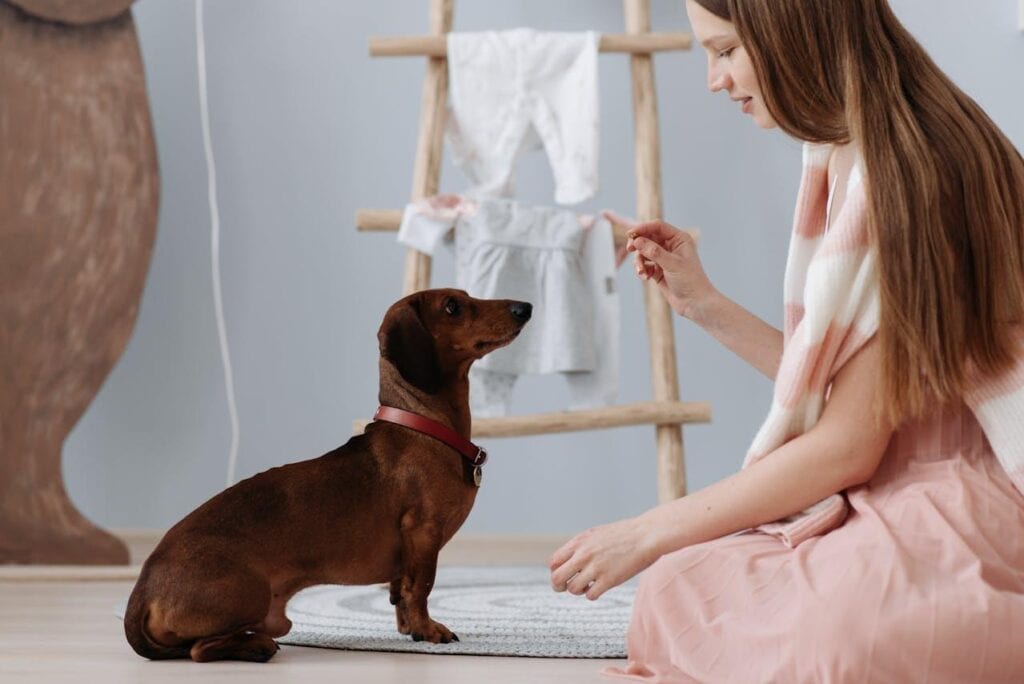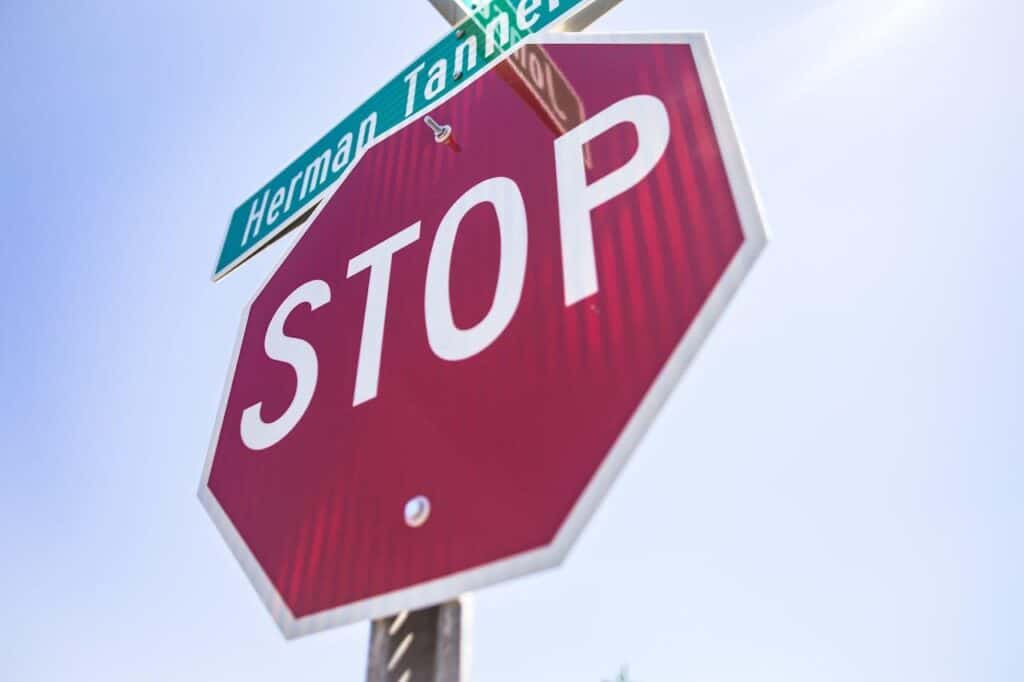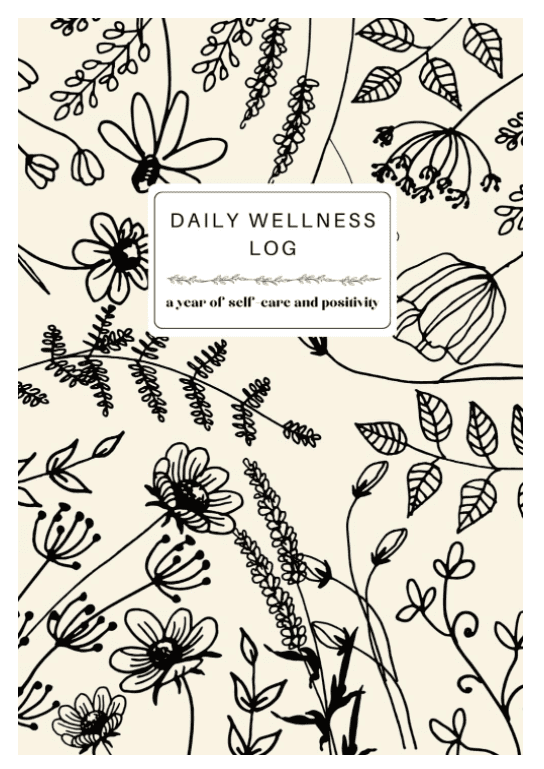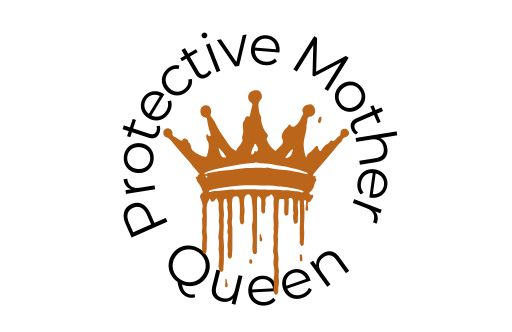We’ve all been there – feeling broken and lost after a toxic relationship. But here’s the truth: you’re stronger than you think! Did you know that 73% of people report improved self-esteem within a year of leaving a toxic relationship? That’s right, healing is not just possible, it’s probable! In this guide, we’ll explore practical steps to rebuild your self-esteem and rediscover the amazing person you are. Whether you’re just starting your healing journey or looking for a fresh perspective, we’ve got you covered. Let’s dive in and start rebuilding your confidence together!
Understanding the Impact of Toxic Relationships on Self-Esteem:

Oh boy, where do I even start with this one? I’ve been down the toxic relationship rabbit hole more times than I care to admit. Let me tell you, it’s no picnic for your self-esteem.
I remember this one relationship I had back in my mid-30s. I thought I’d hit the jackpot – he was smart, handsome, and seemed to really get me. But man, was I in for a rude awakening.
At first, everything was peachy. We had amazing conversations and I felt like I was on top of the world. But then, little by little, things started to change. He’d make these snide comments about my kids or their dad. It was subtle at first, but it started to wear me down.
I didn’t realize it at the time, but my self-esteem was taking a nosedive. I started second-guessing everything about myself. Was I really good enough? Maybe he was right, and I did need to change everything about my parenting and how I handled things between my ex and I.
One of the biggest impacts of toxic relationships on self-esteem is that they mess with your sense of reality. It’s like you’re living in this warped funhouse mirror where everything is distorted. You start to believe the negative things your partner says about you, even when they’re not true.
I remember feeling so confused all the time. One minute he’d be telling me how much he loved me, and the next he’d be criticizing everything I did. It’s enough to make anyone feel like they’re losing their mind.
If you’re reading this and thinking, “Wow, this sounds familiar,” know that you’re not alone. Toxic relationships can happen to anyone, and they can really do a number on your self-worth.
But here’s the thing – recognizing the impact is the first step towards healing. It’s okay to admit that you’ve been hurt and that your self-esteem has taken a hit. In fact, it’s more than okay – it’s necessary.
If you’re struggling with self-esteem after a toxic relationship, here’s my advice: be patient with yourself. Healing takes time, and there’s no magic fix. But with each day that passes, you’ll start to feel a little bit stronger.
Breaking Free from the Past: First Steps to Recovery
Breaking free from the past is like trying to untangle a massive knot of Christmas lights – frustrating, time-consuming, and you might want to throw the whole thing out more than once. But trust me, it’s worth it.

I remember when I first decided to break free from my toxic relationship. It was a Tuesday afternoon, and I was sitting at my computer, when I realized I had done all I could do to work on our relationship without his active participation. He actually did not see we had a problem. That was when it hit me – I couldn’t keep living like this.
The first step? Accepting that the relationship was over. Sounds easy, right? Ha! I kept thinking, “Maybe if I just try harder” or “What if they change?” Spoiler alert: they didn’t.
One thing I learned the hard way is that you gotta cut ties. Like, really cut ties. Not this “let’s be friends” nonsense. I tried that, and let me tell you, it was about as successful as my attempt at making sourdough bread during lockdown. Total disaster.
Setting boundaries was crucial. I had to learn to say “no” – and stick to it. It felt weird at first, like wearing shoes on the wrong feet. But gradually, it started to feel right. I even made a list of my boundaries and stuck it on my fridge.
Seeking support is crucial. Whether it’s friends, family, or a support group, you need people in your corner. I finally swallowed my pride and reached out to my best friend. She listened to me rant, cry, and even helped me get the legal advice I needed.
And let’s talk about professional help. I was hesitant at first – thought therapy was for “other people.” But let me tell you, every therapist I have encountered over the years has been a rock star. They are like a personal trainer for my brain, helping me work out all those emotional knots.
One of the toughest parts was dealing with the emotional rollercoaster. Some days, I felt on top of the world, like I could conquer anything. Other days, I couldn’t even conquer getting out of bed. It’s normal, by the way. Your emotions will be all over the place, like a cat on catnip.
Something that really helped me was creating new routines. I more or less had to, anyway – I had left most of my non-personal belongings at the house we shared and had to start again from scratch. It was a blessing in disguise. It sounds silly, but it helped break those old patterns and memories.
Breaking free from the past is a process. It’s not going to happen overnight, and it’s definitely not going to be perfect. But each step you take, no matter how small, is a step in the right direction.
Rediscovering Your Identity and Values

Rediscovering your identity and values after a toxic relationship is like trying to find your car keys in a messy house. You know they’re in there somewhere, but dang if you can remember where you last saw them.
When I first started this journey, I felt like I’d lost myself completely. It was as if I’d been wearing a mask for so long, I couldn’t remember what my own face looked like anymore. Scary stuff, right?
So, I decided to do something about it. I started small – really small. Like, “what’s your favorite ice cream flavor” small. Turns out, it’s still Ben & Jerry’s Cherry Garcia.
From there, I started exploring. I tried everything I could think of. Painting classes? Check. Hiking? You bet. Some things stuck, others… well, let’s just say I won’t be quitting my day job to become a professional Etsy seller anytime soon.
One thing that really helped was journaling. I know, I know, it sounds cheesy. But trust me, it works. I started writing down my thoughts, my feelings, even my dreams. It was like excavating my own brain, digging up bits and pieces of myself that had been buried under years of someone else’s expectations.
I also reconnected with old friends – you know, the ones I’d neglected because my ex didn’t like them. Turns out, they were pretty awesome. Who knew? (Spoiler alert: I did, I just forgot for a while.) Some were not so supportive of my decision to leave, but then, they did not know my ex like I did. That can be pretty lonely moments.
Now, let’s talk about values. That’s a big one. I had to sit down and really think about what was important to me. Not what my ex thought was important, not what society or my parents say is important, but what I, deep down in my gut, believed in.
It wasn’t easy. There were times when I felt lost, confused, and more than a little frustrated. But slowly, piece by piece, I started to put myself back together. And you know what? The me I discovered wasn’t the same as the old me – it was better.
I learned that I value honesty above all else. That I’m passionate about helping others. That I actually enjoy getting up early (who would’ve thought?). And that I’m stronger than I ever gave myself credit for.
One of the coolest things about this process was rediscovering old interests. I hauled out my sewing machine from the back of my closet and started making again. It was like reuniting with an old friend. Sure, I had no funds for nice fabric, but I upcycled what I could find and kept creative. It felt good to reconnect with that part of myself.
But here’s the thing – rediscovering yourself isn’t a one-and-done deal. It’s an ongoing process. You’re constantly growing, changing, evolving. And that’s okay. In fact, it’s pretty darn amazing.
Cultivating Self-Compassion and Positive Self-Talk
Cultivating self-compassion and positive self-talk is like trying to teach an old dog new tricks, except you’re the dog and the trainer. Talk about a mind-bender!

I remember when I first heard about self-compassion. I could not wrap my brain around the concept. Compassion was something someone else gave to you IF YOU DESERVED IT. Me, be kind to myself? Ha! Isn’t that what my parents told me was selfishness, and that it was somehow wrong? I was my own worst critic, and boy, was I wrong.
One of the biggest lessons I’ve learned is that self-compassion isn’t selfish. It’s necessary. It’s like putting on your own oxygen mask before helping others. When you’re kinder to yourself, you have more to give to the world.
Learning to be kind to yourself is harder than it sounds. It’s like trying to pat your head and rub your belly at the same time – awkward and confusing at first. But with practice, it gets easier.
I started small. Every morning, I’d look in the mirror and say one nice thing about myself. At first, it felt ridiculous. I felt like Stuart Smalley from Saturday Night Live. “I’m good enough, I’m smart enough, and doggone it, people like me!” But you know what? It started to work.
Positive self-talk was another beast entirely. My inner voice was like that grumpy old man who yells at kids to get off his lawn. Turning that voice into a supportive cheerleader? Yeah, that took some doing.
I tried all sorts of techniques. Affirmations, reframing negative thoughts, even talking to myself out loud (my dog thought I’d lost it). Some days it felt like I was making progress, other days it felt like I was taking two steps back.
But here’s the thing – it’s not about being perfect. It’s about progress. And let me tell you, the progress is worth it.
I remember the first time I caught myself automatically responding to a mistake with kindness instead of criticism. I had spilled coffee all over my shirt right before work. Old me would have berated myself for being clumsy and stupid. But new me? New me said, “Hey, accidents happen. Let’s clean this up, change shirts, and move on.” It was a small moment, but it felt like a huge victory.
One thing that really helped was keeping a “self-compassion journal”. Sounds fancy, right? It’s not. It’s just a notebook where I write down moments when I showed myself kindness or used positive self-talk. It’s a great reminder on tough days that I’m making progress. I even made a Daily Wellness Journal to help remind me.
Now, don’t get me wrong. This isn’t about ignoring your flaws or pretending everything’s peachy keen all the time. It’s about treating yourself with the same kindness and understanding you’d offer your best friend.
Rebuilding Confidence Through Self-Care and Personal Growth

Alright, buckle up folks, ’cause we’re about to dive into the wild world of rebuilding confidence through self-care and personal growth. For me, this journey’s been about as smooth as a rocky mountain road, but man, has it been worth it.
So there I was, confidence at an all-time low, feeling about as useful as a chocolate teapot. I knew I needed to do something, but where to start? It was like standing at the bottom of Mount Everest in flip-flops. Overwhelming doesn’t even begin to cover it.
I decided to start with self-care. Now, I used to think self-care was all bubble baths and face masks. Don’t get me wrong, those are great, but real self-care? That’s the nitty-gritty stuff. It’s making sure you’re eating right, getting enough sleep, and moving your body.
I remember the first time I tried to cook a “healthy” meal just for myself. Let’s just say, the smoke alarm got more of a workout than I did. But you know what? I kept at it. Now, I’m not saying I’m the next Martha Stewart, but I can whip up a wholesome meal for one without setting off any alarms. Progress, people!
Exercise was another hurdle. The thought of going to a gym filled me with more dread than a root canal. So, I started small. I walked around the block, then gradually increased the distance. Before I knew it, I had established a healthy routine. If you had told me a year prior that I’d be one of those ladies who walk every morning, I’d have laughed in your face.
But here’s the kicker – as I started taking better care of myself physically, I noticed my confidence starting to grow. It was like watering a plant and watching it slowly come back to life.
Personal growth is a whole other ballgame. I started reading self-help books. At first, I felt silly, like I was admitting defeat or something. But then I realized, hey, if professional athletes have coaches, why shouldn’t I have some guidance too? I still have an inner cringe when I think of all I’ve spent on personal development books, but they were super-helpful.
I learned to set small, achievable goals for myself. And I mean small. Like, “make my bed every day” small. But you know what? Accomplishing those little goals? It felt good. Really good. It was like I was proving to myself that I could do things, that I was capable.
One of the biggest game-changers for me was learning a new skill. I decided to start making Instagram Reels and YouTube videos. Was I any good at first? Heck no! My first videos were horrid. Probably still are but I stuck with it. And slowly but surely, I started to improve. Still lots of room for improvement, but I’m learning, and that’s the point.
The confidence boost from learning something new? Indescribable. It was like I’d unlocked a whole new level in the game of life. Suddenly, I was seeing the world differently, appreciating the skills of other content creators that I’d previously dismissed as any sort of skill.
Navigating New Relationships and Social Interactions
Navigating new relationships and social interactions after a toxic one is like trying to ride a bike again after someone swapped your trusty two-wheeler for a unicycle. Awkward, wobbly, and more than a little terrifying.

I remember the first time I decided to dip my toes back into the social pool. There I was, standing in front of my closet, trying to remember how to dress for a casual night out. I swear, you’d think I was preparing for a space mission with how nervous I felt.
But you know what? I did it. I put on my big kid pants (literally and figuratively) and went out. And guess what? The world didn’t end. Shocking, I know!
Now, let’s talk about making new friends. After being in a toxic relationship, my social skills were about as sharp as a rubber ball. I’d forgotten how to have a normal conversation that didn’t involve walking on eggshells. The first few times I tried to chat with new people, I felt like I was speaking a foreign language. Awkward pauses were my new best friend.
But here’s the thing – everyone feels awkward sometimes. It’s not just you. Once I realized that, it took some of the pressure off. I started to relax a bit, and wouldn’t you know it, conversations got easier.
One thing that really helped was practicing active listening. Instead of worrying about what to say next, I focused on really hearing what the other person was saying. It’s amazing how much easier conversation flows when you’re genuinely interested in what the other person is saying.
I also had to learn to trust my gut again. After a toxic relationship, your internal warning system can get all out of whack. I had to relearn how to listen to that little voice inside that says, “Hey, something’s not right here.” and be brave enough to act on it.
And let’s not forget about boundaries. Oh, boundaries. I used to think setting boundaries meant being mean or selfish. Now I know better. Boundaries are like the fence around your house – they protect what’s important to you.
I remember the first time I clearly stated a boundary to a new friend. My heart was pounding so hard I thought it might burst out of my chest. But you know what? They respected it. And in that moment, I felt stronger than I had in years.
One of the biggest lessons I learned was the importance of taking things slow. There’s no rush in building new relationships. It’s okay to take your time getting to know someone. In fact, it’s more than okay – it’s smart.
Overcoming Setbacks and Maintaining Progress
Imagine this: trying to climb a mountain made of Jell-O – just when you think you’ve got a good grip, things start to wobble.

I remember the first major setback I faced on my journey to recovery. There I was, feeling pretty darn good about myself. I’d been making progress, feeling stronger every day. Then bam! I saw my ex at the grocery store. Talk about a sucker punch to the gut.
I’ll be honest, I didn’t handle it well. I hid aisle by aisle, avoiding him at all costs. It felt like all my progress had gone up in smoke. I was right back where I started, or so I thought.
But here’s the thing about setbacks – they’re not the end of the road. They’re more like… speed bumps. Annoying? Yes. Slows you down? Absolutely. But they don’t stop you unless you let them.
It took me a few days (okay, maybe a week) to realize this. I was wallowing in self-pity when my best friend called. She listened to me moan and groan, then said something that stuck with me: “So you stumbled. Big deal. You gonna lie there on the ground or get back up?”
That was the kick in the pants I needed. I realized that setbacks were part of the journey. It’s not about never falling down – it’s about how you pick yourself back up.

So, I started developing strategies to deal with setbacks. One thing that really helped was keeping a progress journal. Every night, I’d write down one thing I’d done well that day, no matter how small. On good days, it was easy. On tough days, I had to dig deep. But you know what? There was always something. You can get a copy of my Daily Wellness Log right HERE.
Another game-changer was learning to reframe my thoughts. When negative self-talk crept in (and boy, did it try), I’d challenge it. “You’re right back where you started,” my inner critic would say. “Nope,” I’d counter, “I’ve learned and grown. I’m not the same person I was.”
Maintaining progress is tricky business too. It’s like trying to keep a plant alive – it needs constant care and attention. I found that setting small, achievable goals helped. Instead of vague promises like “I’ll be more confident,” I’d set specific targets. “I’ll speak up in at least one meeting this week,” for example.
And let’s talk about self-care. I used to think it was selfish to prioritize myself. Now? I realize it’s necessary. You can’t pour from an empty cup, as they say. So I made self-care non-negotiable. Whether it was a quick meditation session, a walk in the park, or just five minutes of deep breathing, I made sure to do something for myself every day.
One of the hardest lessons I learned was that progress isn’t linear. There were days when I felt on top of the world, and days when I felt like I was sliding backwards. But that’s okay. That’s normal. The important thing is the overall trend.
I also learned the importance of celebrating small victories. Seriously, no victory is too small. Did you get out of bed on a day when you really didn’t want to? That’s worth celebrating. Did you set a boundary with someone? Pop the champagne (or sparkling cider, if that’s more your speed)!
Now, I’m not saying it’s all sunshine and rainbows. There are still tough days. Days when old insecurities rear their ugly heads. Days when I wonder if I’m really making progress at all.
But you know what? I’ve got tools now. I’ve got strategies. And most importantly, I’ve got perspective. I know that one bad day doesn’t undo all my progress. I know that setbacks are just part of the journey, not the end of it.
If you’re in the thick of it right now, if you’re facing a setback and wondering if it’s worth it to keep going, let me tell you this: it is. You are stronger than you know. You’ve already survived 100% of your worst days. You’ve got this.
Progress is about persistence. It’s about getting back up every time you fall. It’s about looking at yourself in the mirror and saying, “I’m not giving up on you.”
So keep going. Keep pushing. Keep growing. And on those days when it feels impossible, remember this: somewhere out there, someone (maybe me!) is rooting for you. You’ve got this, and don’t you forget it!
Conclusion
Rebuilding your self-esteem after a toxic relationship is a journey, not a destination. You’ve already taken the most crucial step by choosing to heal and grow. As you apply these strategies, be patient with yourself and celebrate every bit of progress. You’re not just rebuilding your self-esteem; you’re creating a stronger, more resilient version of yourself.
Think back to that statistic we mentioned earlier – 73% of people see improvement within a year. You’re well on your way to joining that group, and possibly even surpassing it! Your future self will thank you for the work you’re doing now.
So, what’s your next move? Why not start with one small act of self-compassion today? Whether it’s treating yourself to your favorite coffee, spending 10 minutes in quiet reflection, or reaching out to a supportive friend, take that step. You deserve it, and you’re worth it. Here’s to the new, confident you – onwards and upwards!
If you’ve read this far and enjoyed this post, why not subscribe to keep updated on what I write? You can unsubscribe at any time, if you feel it’s not a good fit. Hope to see you soon!






